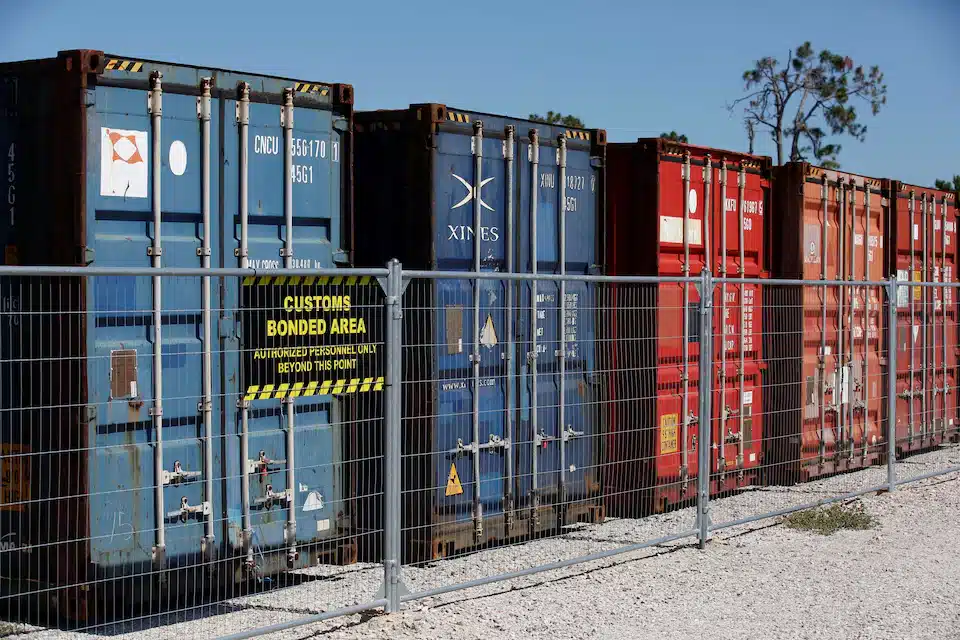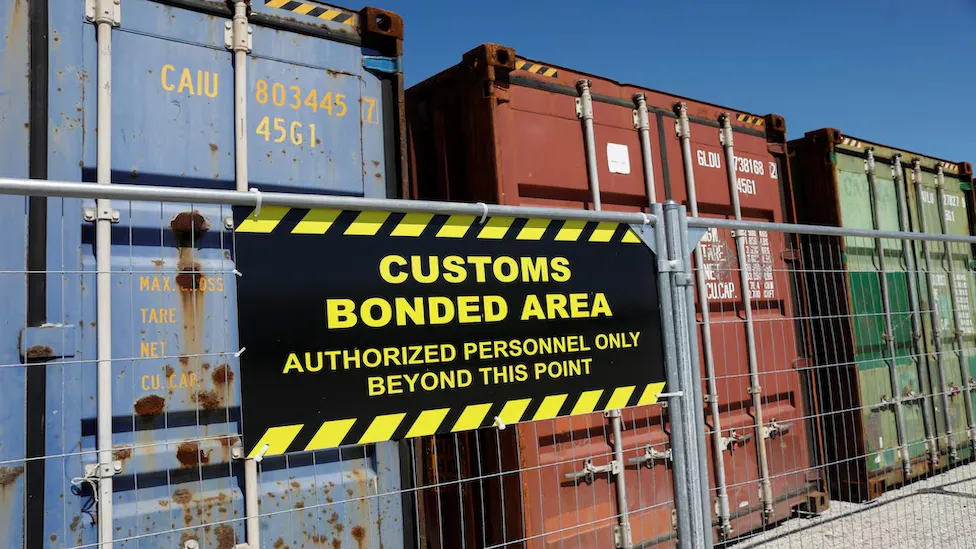Bonded LA Warehouses See Surge in Demand: The Port of Los Angeles is seeing a rush for bonded LA warehouses. Importers are storing Chinese goods to avoid tariffs during a 90-day trade pause. The US and China agreed to lower tariffs temporarily. This led to a spike in shipments.
Bonded LA warehouses allow delayed duty payments. Businesses can store goods without paying tariffs immediately. The high demand is straining warehouse capacity in Southern California.
Also Read | Middle East Oil Price Surge Amid Fears of Israel-Iran Conflict
Bonded LA Warehouses See Surge in Demand: Insights
- Bonded LA warehouses help importers delay tariff payments for up to five years.
- The US-China tariff pause caused a 277% jump in shipping bookings.
- Southern California has limited bonded warehouse space, increasing competition.
- If tariffs return, importers may face higher costs when withdrawing goods.
- Foreign Trade Zones (FTZs) offer an alternative, but take longer to set up.
Background
The US-China trade war led to high tariffs on Chinese goods. Recently, both nations agreed to a temporary reduction. This 90-day pause triggered a surge in imports. Bonded LA warehouses became a key solution. These facilities let businesses store goods without paying duties right away. The demand is now overwhelming the available space.
Main Event
Importers are rushing to secure bonded LA warehouses. The Port of Los Angeles is a major hub for this activity. Shipping volumes from China jumped by 277% in early May. Companies like Hapag-Lloyd reported a 50% rise in bookings.
The limited bonded space is causing delays. Only a small portion of LA’s warehouses meet customs requirements. Brokers say businesses hope trade talks succeed within 60 days. If not, higher tariffs could return.
Under US law, tariffs apply when goods leave storage, not when they arrive. This rule is driving the warehouse rush. Importers want to lock in lower rates now. Logistics firms like Geodis and DHL are expanding to meet demand.

A wide shot of CargoNest’s bonded shipping container yard in Venice, Florida, taken on May 20, 2025. The facility plays a key role in managing supply chain operations.
Photo Credits: REUTERS.
Implications
Retailers and manufacturers depend on bonded LA warehouses. A shortage could disrupt supply chains. Some importers may pay high tariffs or delay shipments. This could lead to inventory shortages.
If tariffs drop further, businesses storing goods now will save money. If talks fail, costs will rise. Foreign Trade Zones offer another option but require more setup time.
Conclusion
The demand for bonded LA warehouses highlights the trade war’s impact. Businesses are racing to avoid future tariff hikes. The next 90 days will be critical. If negotiations succeed, importers will benefit. If not, costs could rise sharply. Experts warn supply chains may face delays either way.



